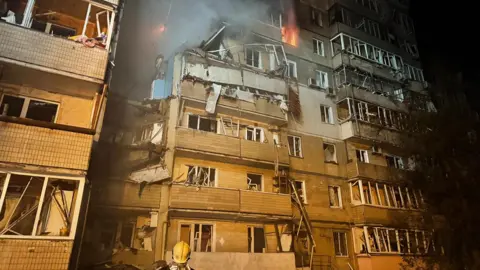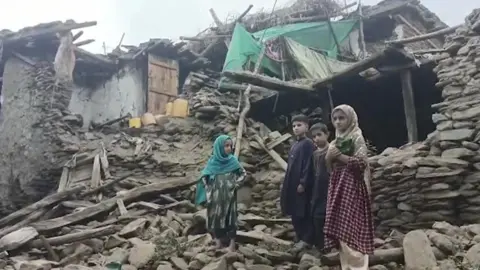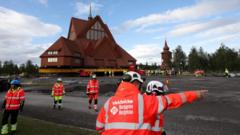The vastness of the building site was at first overwhelming for the young Ethiopian mechanical engineer.
Hundreds were already digging the foundations in tough conditions for what is now Africa's largest hydro-electric dam, straddling the Blue Nile.
Moges Yeshiwas was 27 when he arrived in that remote corner of western Ethiopia in 2012, eager to gain valuable experience in his profession. The completion of the project is set to change his nation, but it also changed his life.
On Tuesday, Prime Minister Abiy Ahmed formally launched the Grand Ethiopian Renaissance Dam (GERD), which will help electrify the country and provide power to the region.
The dam wall stretches 1.78 km across a valley and stands 145 m high, constructed with 11 million cubic metres of concrete. It has created a large reservoir known as Lake Nigat, meaning dawn in Amharic.
The dam’s construction on a Nile tributary, which provides most of the river’s water, was controversial with downstream countries, especially Egypt, leading to diplomatic tension and even discussions about conflict.
Yet for Ethiopia, the GERD became a symbol of national pride. It has drawn in contributions from millions of Ethiopians through government bonds amidst a backdrop of ethnic strife and political turmoil.
Engineer Moges, now 40, recalls his attachment to the project, expressing pride in being part of something greater. Yet, he also faced challenges such as long work hours, extreme heat, and separation from family.
The GERD is expected to generate 5,100 MW of power, aiming to drastically increase access to electricity for Ethiopia's population, where nearly half currently lack this basic necessity.
With thoughts of improving quality of life, rural communities like that of Getenesh Gabiso remain hopeful for the transformation that this power could bring. However, significant infrastructure challenges still loom for effectively disseminating electricity across the nation.
In the context of Ethiopia's evolving landscape, the GERD not only marks a significant engineering achievement but also stands as a critical touchpoint in regional geopolitics and domestic progress.



















